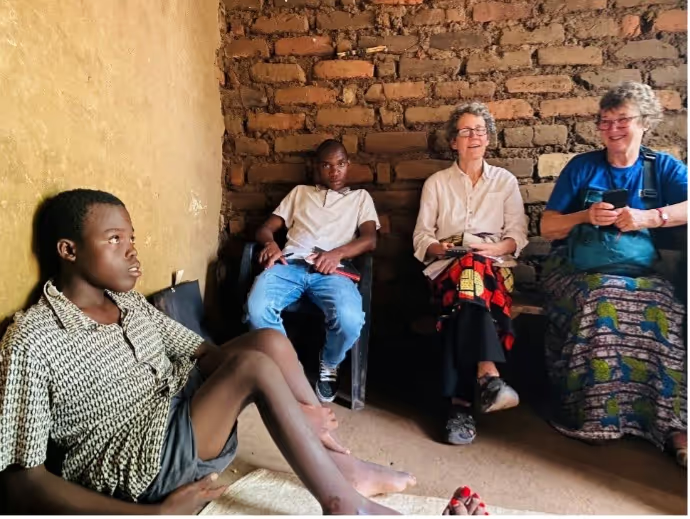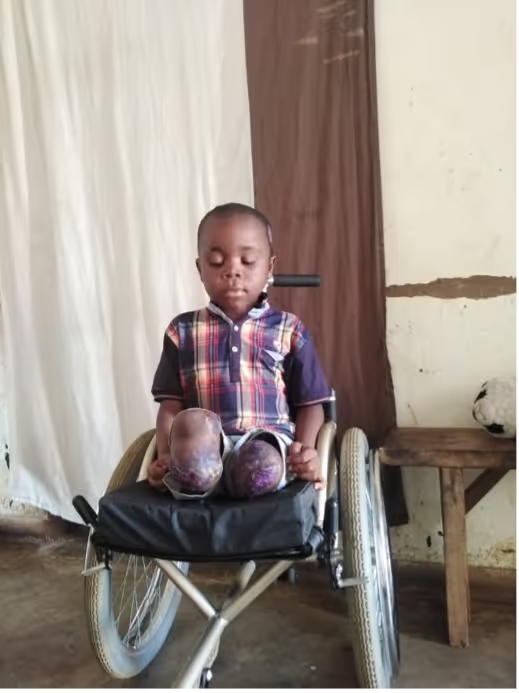M.K.: A Child with Cerebral Palsy and a Grandmother’s Devotion
August 4, 2025
5
min read

M.K. is a young child living with Cerebral Palsy (CP)—a lifelong neurological condition that affects muscle tone, movement, and coordination. Because of this condition, M.K. has severely limited mobility, making simple daily activities such as sitting upright, feeding, and moving from place to place incredibly challenging.
M.K. is cared for solely by her grandmother, a devoted woman who has stepped in as both guardian and full-time caregiver. While her love and dedication are unwavering, the physical demands of daily care—lifting, repositioning, and transporting the child—have taken a significant toll on her health and energy. In addition to these challenges, the grandmother is struggling financially, unable to afford the specialized equipment that could ease their daily burden.
One of the most urgently needed items for M.K. is a Cerebral Palsy (CP) chair or wheelchair. This type of adaptive seating is designed to provide children with CP the postural support they need to sit safely and comfortably. For M.K., a CP chair would mean more than just improved positioning—it would allow her to engage with her surroundings, participate in play or learning activities, and reduce her risk of developing pressure sores, joint contractures, or spinal deformities.
For her grandmother, it would offer much-needed relief—making daily routines safer and less physically demanding. It would also restore a sense of dignity and inclusion to their lives, allowing M.K. to be part of her family’s daily interactions in a more meaningful and comfortable way.
A CP chair would not only support M.K.’s physical health, but also her social and emotional development. It is a small but life-changing tool that could dramatically improve the well-being of both child and caregiver.
They have done their best with limited means. With the right support, M.K. can have a safer, more comfortable childhood—and her grandmother can continue caring for her with strength and hope.







